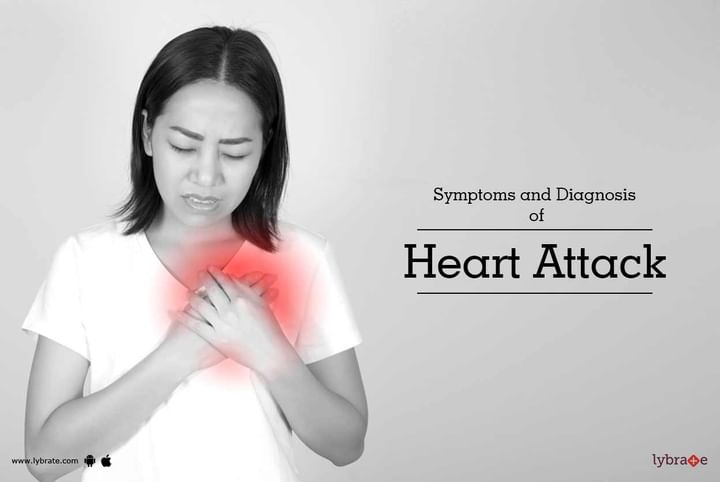Symptoms and Diagnosis of Heart Attack
A person usually gets a heart attack when there is a blockage in the arteries of the heart. This is an emergency situation that can result in a fatality or death if it is not treated immediately. Not all heart attacks will have a crushing pain in the chest right in the beginning, there are a number of symptoms that can show the slow progression of this attack over a few hours. So how do you know if you are having a heart attack, and what kind of treatment will be required? This article seeks to answer all your questions.
Discomfort in the Chest: The patient will usually feel like there is some pressure and squeezing in the chest or pain or even fullness right in the centre. This pain can come and go every few minutes and it should not be ignored.
Pain and Discomfort in other Parts of the Body: There may be some amount of pain and discomfort in other parts of the body including the arms, the jawline, back, neck, stomach and even the teeth. This pain can also travel down to the abdomen above umbilicus. In case there is persistent pain along with the chest discomfort, then a doctor must be contacted immediately.
Other Symptoms: When you feel breathless without any reason or medical cause, and also when you experience symptoms like anxiety, indigestion, vomiting, nausea, light headedness, dizzy spells and fatigue, you may be suffering from a heart attack.
Immediate Treatment: Once you begin to experience these symptoms along with chest discomfort and chest pain, it is imperative to call the emergency unit of the nearest hospital or get in touch with a cardiologist. Until then, you will need to lie down and chew aspirin if you are not allergic to the same. This is usually more efficient that swallowing.
Diagnosis of heart attack: Heart attack is diagnosed if patient has 2 criteria out of following 3-
-
Pain or discomfort thought to be due to heart disease
-
ECG suggestive of heart attack
-
Elevated levels of cardiac enzymes (CK-MB and Troponin) in blood test (these levels start rising after 6 to 12 hours of heart attack)
Once you reach doctor an ECG should be done immediately along with blood pressure and pulse. If ECG shows heart attack then immediate action needs to be taken. Remember a normal first ECG does not rule out a heart attack. So a series of ECGs may be ordered by the doctor and at proper time blood test of cardiac enzymes may be done. Ruling out a heart attack may need an observation and testing up to 6 – 12 hours as cardiac enzyme test shows results only after that period.



+1.svg)
